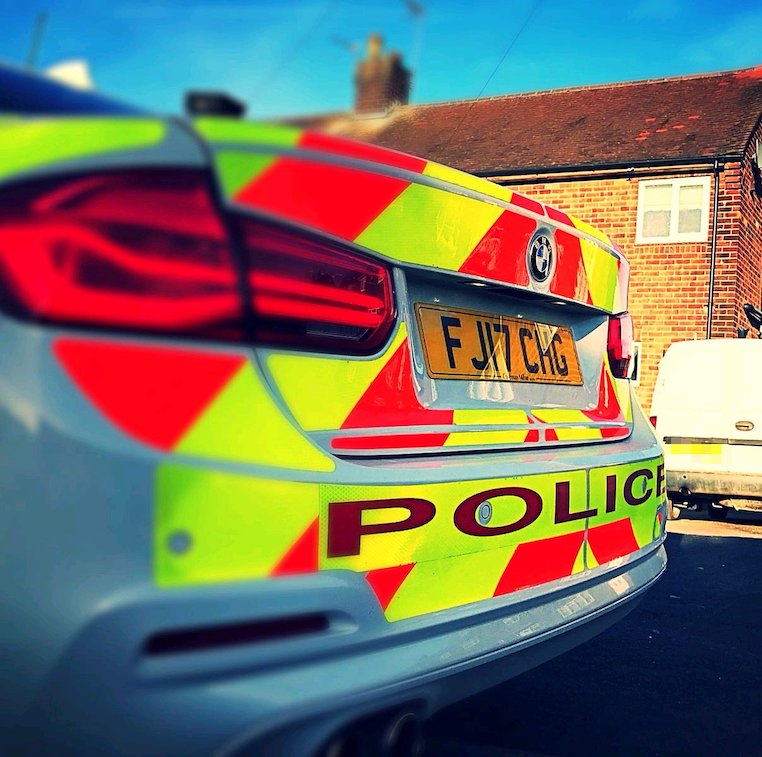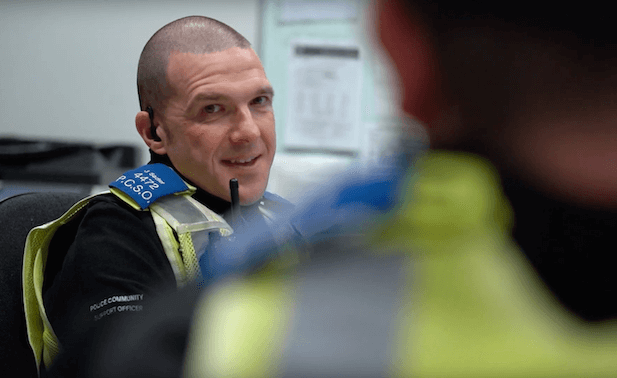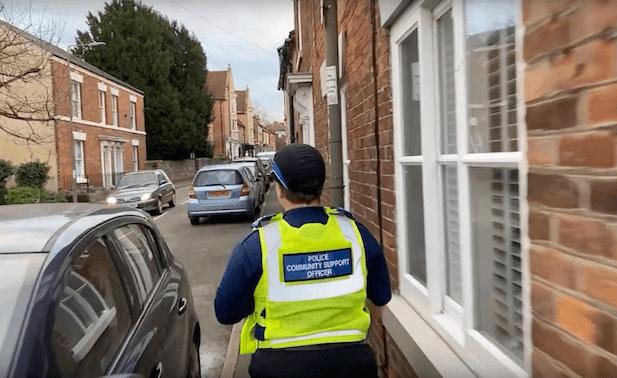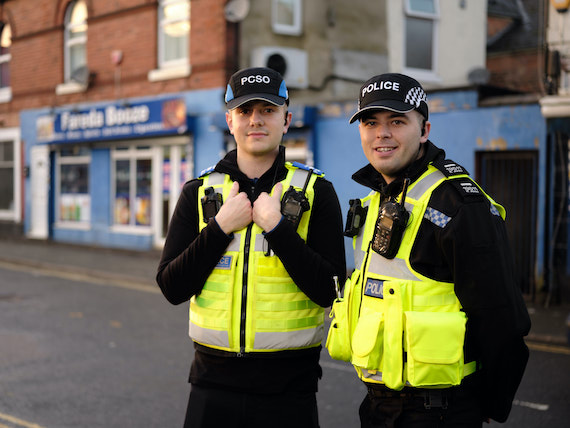
What you could be doing | Police Community Support Officers
YOU GET A REAL SENSE THAT YOU'RE A ‘GO TO’ PERSON THAT YOUR LOCAL COMMUNITY TRUSTS
Police Community Support Officers
Working as a police community support officer (PCSO) involves tackling crime and anti-social behaviour in your local community. It can be demanding, but pretty exciting too, as each day brings new challenges. Your main role will be to patrol, on foot or bicycle, and ensure a highly visible presence on the streets, in all weathers.
One of our key local initiatives is the introduction of our Safer Neighbourhood Teams. Where PCSOs, PCSO supervisors, Digital PSCOs and Neighbourhood Investigation Officers work together to help build good relationships with our communities.
You’ll also work with other organisations, like local councils and housing associations, to tackle issues of concern in the community, with a focus on lower-level crime, disorder and antisocial behaviour. Along the way, you’ll work on projects to address longer-term crime problems, develop relationships with people in the local area and collect information about what’s happening on your patch.
Recruitment is now open
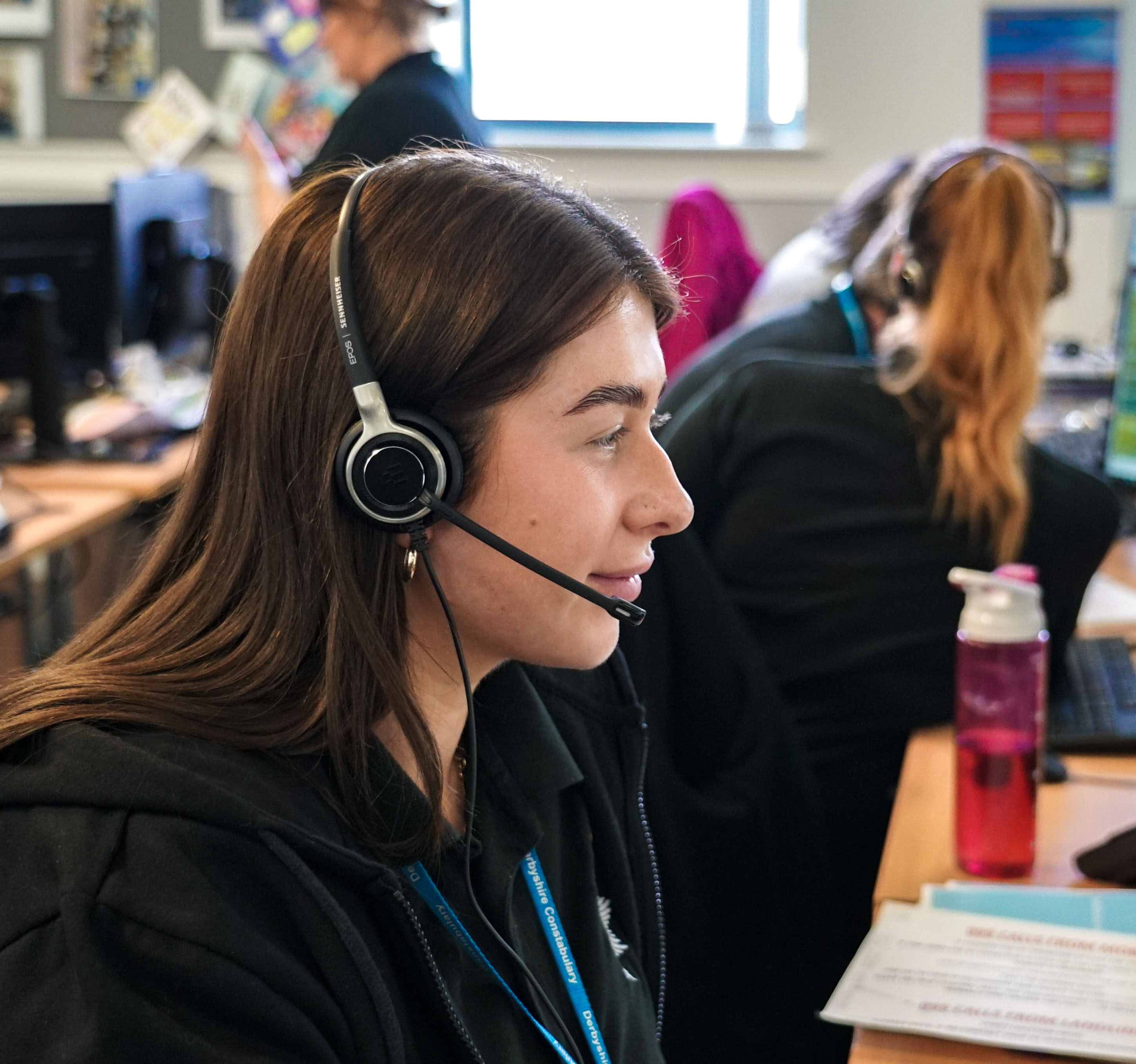
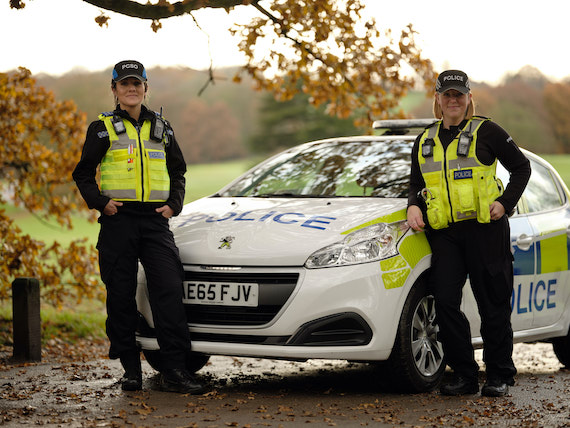
What makes a good PCSO?
Someone with a real commitment to helping and supporting their local community who’s interested in people and wants to know what’s going on in their area. You could have a background in social work or housing, or have volunteered with a community organisation or charity. Maybe you’re concerned about problems you see in your local area, about opportunities for young people or about creating a safe environment for everyone.
Whilst there’s a legal and enforcement element to the role and you’ll have certain legal powers you can use, it’s your ability to develop good working relationships with a wide range of people, including those in other organisations, that will really make you stand out from the crowd.
What's the difference between a PCSO and a police officer?
The only essential difference between the two is that PCSOs don't have powers of arrest, can’t interview or process prisoners or investigate crime and don’t get involved in the more complex and high-risk operations that police officers perform. Other than that, they play an equally worthwhile role within their community, acting both as a crime deterrent and a confidant.

What do you need?
All applicants must be a UK Citizen, EU Citizen with EU Settled or Pre-Settled status, a Commonwealth Citizen or Foreign National with no restrictions on your stay in the United Kingdom. Whether or not you were born in the United Kingdom, you should have lived here for the three years immediately preceding your application.
You must be 18 years old at the time of offer.
You must have the following:
- Level 2 English (GCSE Grade 9-4) (A-C) or equivalent, or able to use English Language to that standard
You’ll also need to demonstrate strong examples of work and personal experience in order to meet the essential and desirable criteria.
You’ll need sufficient fitness to be able to patrol the streets on foot or bicycle for long periods of time and in all weather conditions. A medical assessment will make sure that you’re healthy enough to do the job and the training required. Your application will be rejected if you fail to meet the minimum acceptable medical standard for entry. Your medical history is confidential and not disclosed to those not authorised to hold this information. Assessments are carried out by our Occupational Health Team, and will check the following:
Body Mass Index (BMI)
Eye sight test
Colour vision
Lung function
Hearing
A driving licence is not an essential requirement for all PCSO roles, but will be needed in some locations. Candidates who are unable to drive will only be offered a position in city/town centre locations where the role can be carried out without the need to. Candidates need to make their own travel arrangements to get to and from work, including shifts during unsociable hours, to whichever location they are assigned to.
You must declare any previous spent and unspent convictions and have a basic background check to get Security Check level clearance.
What we can offer you
Salary and Shift Allowance
Salary and Shift Allowance
During the first 6 weeks of training, successful applicants can expect to earn £21,018. After completing training, the salary increases to £26,836 and includes shift allowance and weekend working. However, applicants should be aware that they would usually be appointed at the bottom of the salary range, with some exceptions. Additionally, there is a 14% shift allowance available after the initial 6-week training period. Successful applicants should also expect to work 34.25 weekend hours per month, for which they will receive a 50% enhancement.Annual leave
Annual leave
You’ll receive 24 days' paid holiday each year in addition to public holidays. We also make provision for a number of other forms of leave, including maternity, paternity and adoption leave, special leave with and without pay, carers leave and parental leave.
Hours and flexible working
Hours and flexible working
Your will work 37 hours per week. Shift work between 8.00am and midnight, seven days a week on a rotating shift basis. Some hours either before 8.00am or after midnight may need to be undertaken to meet operational needs. You must be willing to patrol alone, including lone patrol during the hours of darkness.
We encourage flexible working that helps staff balance their working life with other commitments and interests outside of work. There’s normally a qualifying period however each case is looked at individually and on its own merits. We’ll consider all requests and try to accommodate them provided they fit in with operational demands. We strive to be a flexible employer, but we expect you to be flexible too.
The good news is that you'll be advised of your shifts in advance, allowing you to plan your work-life balance accordingly. It’s all part of our commitment to providing a healthy working environment and improving the quality of life for all our staff.
Personal support and service
Personal support and service
As a caring employer we provide a range of support initiatives to help with your personal welfare and that of your family. We also offer occupational health and welfare counselling that ranges from psychotherapy to financial guidance.
There are a range of development and mentoring schemes available too, while membership of the Police Federation and staff associations will also help ensure that you have the support and representation you need, when you need it.
Sports and social
Sports and social
Our active Derbyshire Constabulary Sports Club is a hive of social and sporting activities. There's always something new to try. Whether you enjoy playing in a team, are keenly competitive or simply looking for some satisfying sport at your own level, you can choose between tournaments and team games in sports that range from rugby to snooker.
As a Sports Club member, you’ll enjoy full exclusive access to our fitness suites too, while 'Days Out' corporate tickets are also available, allowing access for you and your family into places such as Chatsworth, Twycross Zoo, White Post Farm, and many more. You can join the sports club for £5 per month.
Membership’s open to police officers and police staff, both serving and retired, as well as serving members of the Special Constabulary. It's easy to join, with direct payment from salary. And, membership allows you to bring your family along with you as well.
What you could experience as a PCSO
Life as a PCSO is hugely varied. From community initiatives and minor offence calls, through to major incidents or immediate response calls. No two days are the same. We asked an experience PCSO what they could experience in a typical day.
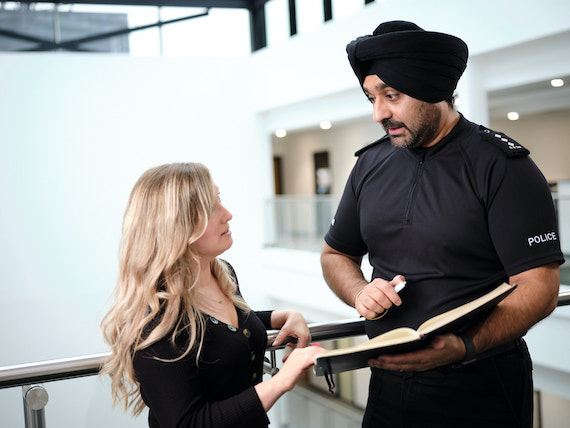
We celebrate diversity
Our community is incredibly diverse, so we should be, too. That’s why we’re working hard to build an inclusive workforce, where you can be yourself. Whoever you are. Wherever you’re from. We are currently under-represented in a number of areas and recognise that this message needs to reach talented individuals who can add diverse skills and experiences to our organisation.
If you are black or from an ethnic minority, or if you identify as LGBT+, or have a disability, or if you are female and would like to hear more about becoming a police officer and the support we can offer you please contact us. Contact the inclusion team
Contact the inclusion team
Meet some of our PCSOs
Jim Sadler, PCSO
In this short video, we join Jim on a knife sweep in Alvaston Park as part of a police-led campaign to tackle knife crime in the city. He also chats about life as a PCSO, the joys of meeting people in the job, and that fateful day when he came face-to-face with a bike thief he and the team had been hunting for weeks.
Meet some of our PCSOs
Kerry Wallington-Waite, PCSO Supervisor
Kerry Wallington-Waite is one of our longest-serving PCSOs, looking after Melbourne and the wider South Derbyshire area. She's also one of our first ever PCSO Supervisors - a role introduced by the force last year as part of our commitment to and investment in neighbourhood policing.
The role has given Kerry a fresh insight into the value of Safer Neighbourhood work, and reinforced her belief that the role of a PCSO is one of the most rewarding and challenging - and something she would urge anyone to do.
What may hold you back?
You cannot apply to join if you:
- Have been or are a member of a group or extreme political organisation such as BNP, National Front or Combat 18 that stirs up racial hatred and violence, a proscribed terrorist organisation/group or a similar organisation.
- Are waiting to appear in court or have any serious convictions or recent cautions, bind-overs or findings of guilt.
- Misuse drugs, solvents or anabolic steroids. But each case is considered upon its own merits.
- Have tattoos on your face, neck or hands that could cause offence. If you have a tattoo, you’ll be asked to provide a description and photographs of the tattoo. The nature, location, size, prominence and appearance of tattoos will be considered.
- Have any current County Court Judgements (CCJs) against you, or are the subject of an Individual Voluntary Agreement (IVA). If you’ve been registered bankrupt, you may only apply if it is at least three years since the date your debts were discharged.
